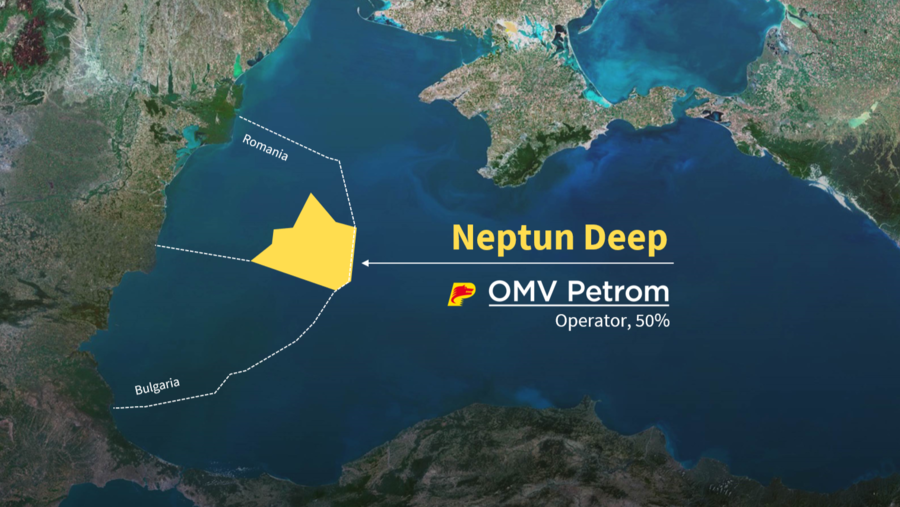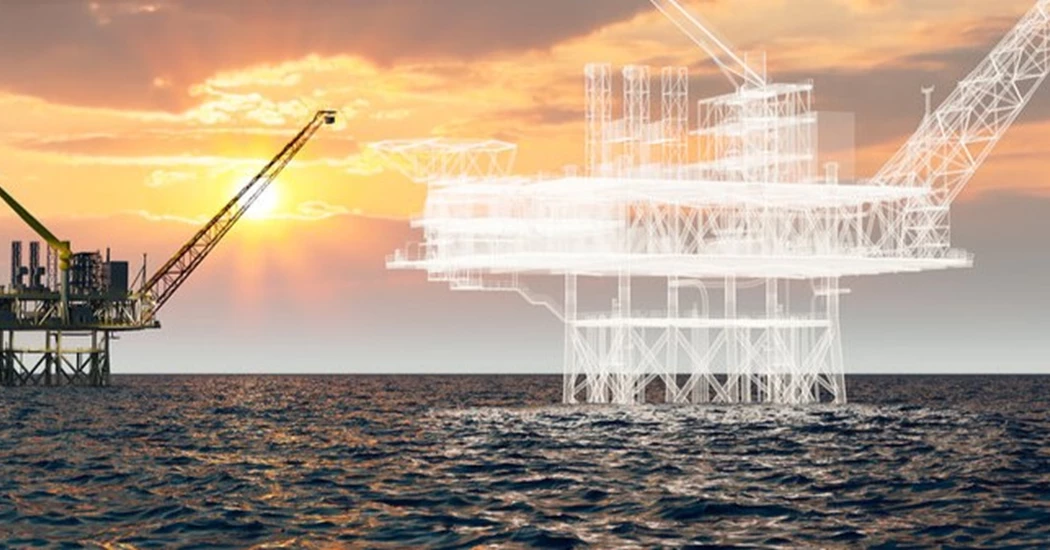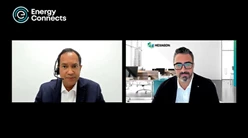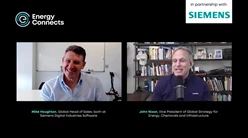Romania to become EU's largest gas producer as Neptun Deep starts in 2027
Austrian oil and gas group OMV announced that gas production from the landmark Neptun Deep project in Romania's Black Sea is scheduled to commence in 2027, marking a significant milestone for European energy security.
The project, representing a joint investment of €4 billion between OMV's Romanian subsidiary OMV Petrom and state-owned gas producer Romgaz, began drilling its first production well in March 2025. According to OMV, this initial drilling operation is expected to take between two and three months to complete.
"Drilling for the first of ten wells commenced in March and is anticipated to take two to three months," the company stated in its announcement.
Neptun Deep is poised to transform Romania's energy landscape, with estimated recoverable reserves of approximately 100 billion cubic metres of natural gas, which is equivalent to roughly 30 times the current annual demand of 4.3 million Romanian households. Once operational, the project is expected to yield around 8 billion cubic metres of gas annually, positioning Romania to become the European Union's largest gas producer and a net gas exporter for the first time in its history.
Located approximately 160 kilometres offshore from Tuzla in water depths ranging between 100 and 1,000 metres, the Neptun Deep block covers an area of 7,500 square kilometres. OMV Petrom serves as the project operator, with ownership rights equally split between OMV Petrom and Romgaz, each holding a 50% stake.

Development of the project has been progressing steadily since OMV Petrom and Romgaz announced their decision to proceed in June 2023, approving development plans for the Domino and Pelican South commercial fields. Execution agreements have been signed with major international companies experienced in deepwater offshore projects, including Saipem, Transocean Barents, and Halliburton.
The infrastructure for developing the commercial fields includes ten wells, three subsea production systems with associated flow lines, an offshore platform, a main gas pipeline to Tuzla, and a gas measurement station. The platform will generate its own energy and operate according to the highest safety and environmental protection standards.
In a technologically advanced approach, the entire infrastructure will be operated remotely through a digital twin system, allowing for process optimisation and improved environmental performance through more efficient energy consumption and reduced emissions.
The Transocean Barents mobile offshore drilling unit, contracted to drill the production wells, arrived in Constanța, Romania in November 2024 after an 18-day journey from Cartagena, Spain. Following preparation work in port, the rig sailed into the Romanian Black Sea in February 2025 before commencing drilling operations in March.
While OMV shared this positive news about the Neptun Deep project, the company simultaneously reported disappointing first-quarter financial results. The Vienna-based firm posted an adjusted operating result of €1.16 billion, falling 5.7% short of analyst expectations, citing lower contributions from its Fuels & Feedstock and Energy divisions.
Earlier in April, OMV had flagged lower sales volumes in its energy business due to the divestment of SapuraOMV, although this was partially offset by higher production volumes in Norway and Libya.





